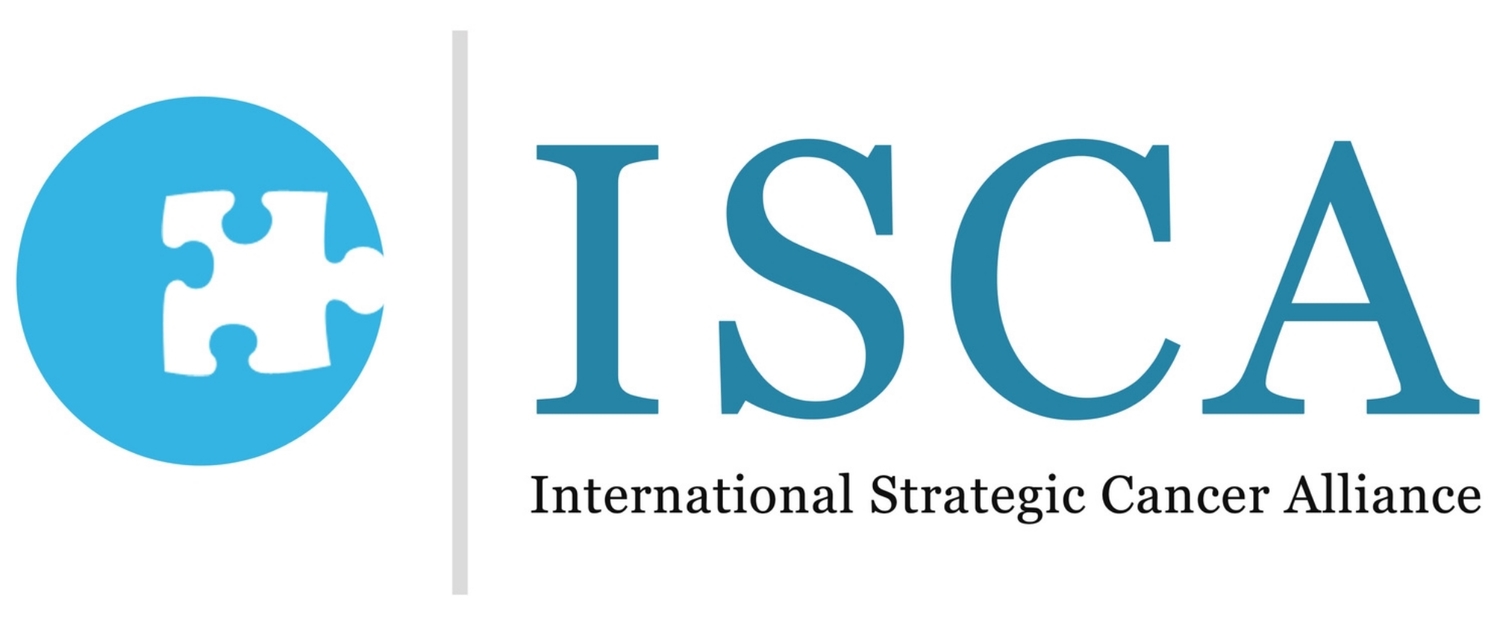Research into the causes, prevention, and treatment of breast cancer is under way in many medical centers throughout the world. Causes of breast cancer
Studies continue to uncover lifestyle factors and habits that alter breast cancer risk. Ongoing studies are looking at the effect of exercise, weight gain or loss, and diet on breast cancer risk.
Studies on the best use of genetic testing for BRCA1 and BRCA2 mutations continue at a rapid pace. Other genes that contribute to breast cancer risk are also being identified. This will occur more rapidly now that the human genome has been sequenced.
Potential causes of breast cancer in the environment have also received more attention in recent years. While much of the science on this topic is still in its earliest stages, this is an area of active research.
A large, long-term study funded by the National Institute of Environmental Health Sciences (NIEHS) is now being done to help find the causes of breast cancer. Known as the Sister Study, it has enrolled 50,000 women who have sisters with breast cancer. This study will follow these women for at least 10 years and collect information about genes, lifestyle, and environmental factors that may cause breast cancer. An offshoot of the Sister Study, the Two Sister Study, is designed to look at possible causes of early onset breast cancer. To find out more about these studies, call 1-877-4-SISTER (1-877-474-7837) or visit the Sister Study Web site (www.sisterstudy.org).
Chemoprevention
Results of several studies suggest that selective estrogen-receptor modulators (SERMs) such as tamoxifen and raloxifene may lower breast cancer risk in women with certain breast cancer risk factors. But so far, many women are reluctant to take these medicines because they are concerned about possible side effects.
Newer studies are looking at whether aromatase inhibitors -- drugs such as anastrozole, letrozole, and exemestane -- can reduce the risk of developing breast cancer in post-menopausal women. These drugs are already being used as adjuvant hormone therapy to help prevent breast cancer recurrences, but none of them is approved for reducing breast cancer risk at this time.
Evirolimus (Afinitor®) is a new type of targeted therapy drug that was recently approved to treat kidney cancer. In one study, letrozole plus evirolimus worked better than letrozole alone in shrinking breast tumors before surgery. More studies using this drug are planned.
Fenretinide, a retinoid, is also being studied as a way to reduce the risk of breast cancer (retinoids are drugs related to vitamin A). In a small study, this drug reduced breast cancer risk as much as tamoxifen. Other drugs are also being studied to reduce the risk of breast cancer.
For more information, see the American Cancer Society document, Medicines to Reduce Breast Cancer Risk.
